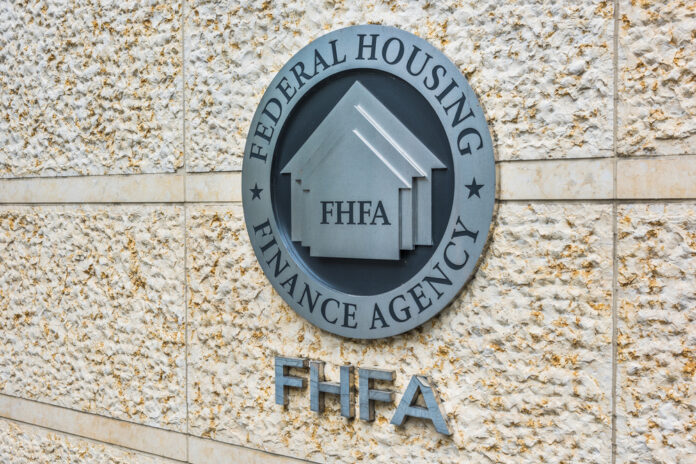US government backed mortgage companies Fannie Mae and Freddie Mac have been told to incorporate cryptocurrency holdings into mortgage affordability assessments.
The companies, set up to help make mortgages more affordable by buying loans from banks, could now play a key role in how decentralised finance operates alongside the US housing market.
The order, issued on 25 June by the director of the Federal Housing Finance Agency (FHFA), William J Pulte, instructs the organisations to treat certain digital assets, including Bitcoin, Ether, and Solana, as legitimate components of a borrower’s financial profile.
Under the proposal, only cryptocurrencies held on centralised exchanges regulated by US authorities will qualify. Fannie and Freddie are expected to devise appropriate risk safeguards to account for the sharp volatility associated with digital asset markets.
Crypto market participants have hailed the move as a long-anticipated acknowledgement of digital wealth in mainstream financial frameworks.
It could prove consequential for younger homebuyers, many of whom have accumulated significant value in cryptocurrencies rather than in traditional savings or equities.
Nonetheless, critics remain wary. Sceptics argue that crypto’s inherent volatility and uncertain regulatory trajectory could inject fresh risk into the mortgage ecosystem. Others question the feasibility of accurately valuing and verifying decentralised assets on a large scale.
Fannie Mae and Freddie Mac must submit detailed implementation plans within 90 days, including protocols for transparency, risk mitigation, and verification. The FHFA has not yet published the full text of the directive, but excerpts have been reported in industry and financial media.



